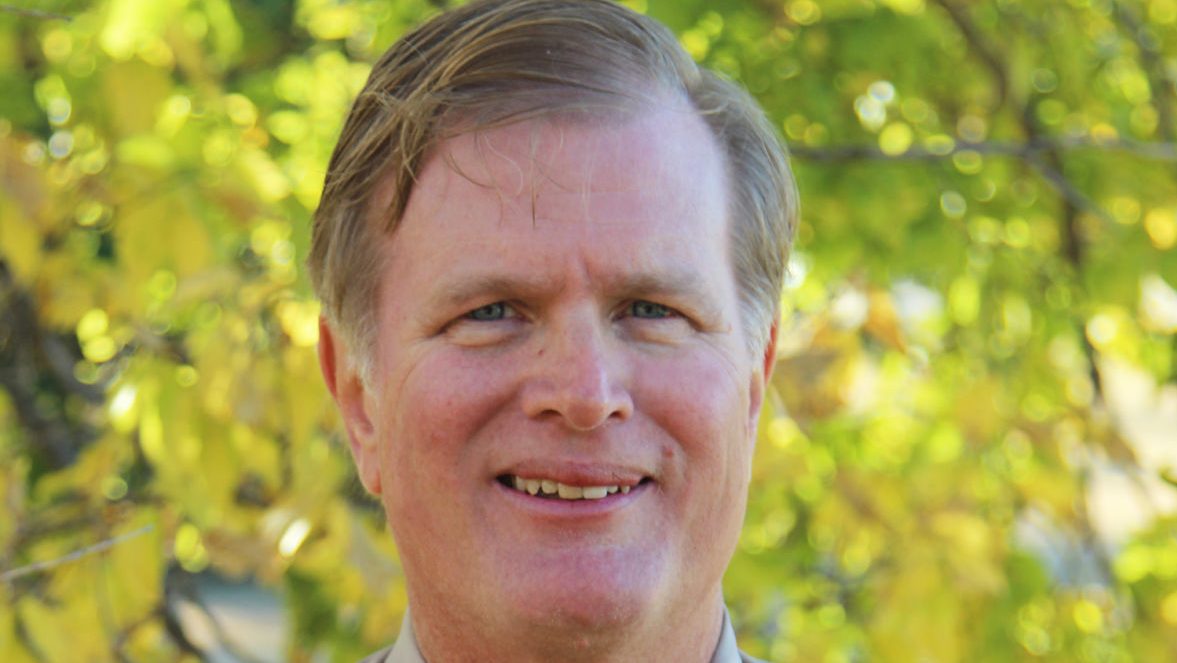On Dec. 7 our country remembered those fallen sailors and military personnel who died during the Pearl Harbor invasion that led the United States into Pacific War of World War II.
Before Dec. 7, 1941, the U.S., coming off the heels of the Great Depression, found itself a reluctant party to enter a fray in which Nazi Germany, Japan and Italy were looking to dominate the world scene. When the Empire of Japan attacked Pearl Harbor everything changed.
On Dec. 8, 1941, President Franklin D. Roosevelt delivered the opening line to Congress: “Yesterday, Dec. 7, 1941—a date which will live in infamy—the United States of America was suddenly and deliberately attacked by naval and air forces of the Empire of Japan.”
More than 3,500 men and women died during that bombing. Roosevelt also committed the financial and human resources, which meant the lives of young men and women, many of whom were fresh off the farm, to go to the European and Pacific theaters and travel to countries they did not know other than in stories told by older generations.
Over the next five years the U.S.-led allies were able to end the tyranny of the “Axis of Evil.” Sometimes in the worst of times we forget the challenges others face, and remembering and revisiting helps all of us to be grounded.
The challenge of feeding a hungry and insecure world is never more daunting. By 2050 the global population is expected to be about 9.5 billion. That is an increase of nearly 2 billion inhabitants of what the population says today.
As we work ahead to get through the economic damage of the worldwide pandemic we’ll need to make sure our policies will be lined up so that we don’t become an isolationist country that falls adrift from the world stage.
U.S. farmers and ranchers need to be paid for the commodities at a level at which they can feel confident in purchasing equipment and technology needed to be efficient. That depends on global markets, so we need to pay attention to the matters beyond our border and have reasonable environmental regulations.
Today’s agricultural organizations, commodity groups and others with similar interests are working in good faith, including the Food and Agriculture Climate Alliance, to make sure the industry uses science and reason, as pointed out recently by American Farm Bureau Federation Congressional Director Andrew Walmsley, who was featured at the Kansas Farm Bureau annual meeting. Walmsley said through technology and conservation practices agriculture has been able to stretch resources like no other industry in the past 30 years.
Why do they do that, one might ask. Because in 1990 projections indicated a global population was going to be more than 7 billion people. Farmers and ranchers and related industries have a stellar record of production.
With a new administration and a new Congress to be in the saddle it is important that agricultural interests are represented in the right way. The U.S. must continue to fight to end global food insecurity, and this sets the stage for the hope of world peace and that another Dec. 7, 1941, does not fall upon us.
Dave Bergmeier can be reached at 620-227-1822 or [email protected].

